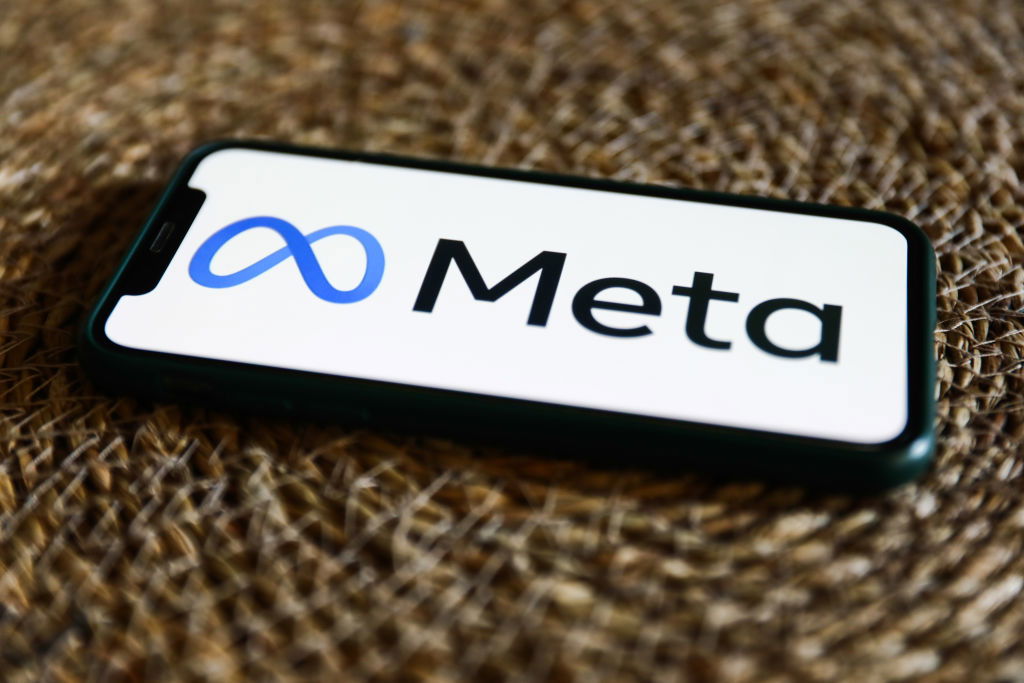Meta Fires Employees For Alleged Meal Voucher Scams
The company recently began major layoffs across all of its platforms including Instagram, WhatsApp, Facebook, and Reality Labs.

Two dozen employees at Meta’s Los Angeles office were terminated for allegedly using company meal credits to purchase groceries, CNN reports.
In its investigation, Meta found that employees were violating company policy by using meal vouchers for home goods and personal care items, which is against company policy. Also against company policy is transferring vouchers from the original employee.
According to CNN, Meta supplies food vouchers for employees at offices without food services—breakfast ($20) as well as lunch and dinner ($25)—so they can have meals delivered at work, where the hours can be brutal and down time scant. This was the case at the Los Angeles office.
But, according to an internal investigation, Meta learned that some used the vouchers to have food delivered at home or to buy non-food items, a source told CNN. The news of the firings was first reported by Financial Times.
Business Insider reports that Meta employees usually earn between $100,000 and $400,000.
The news of the firings came as the company began major layoffs across all of its platforms including Instagram, WhatsApp, Facebook, and Reality Labs.
“Today, a few teams at Meta are making changes to ensure resources are aligned with their long-term strategic goals and location strategy,” Meta spokesperson Tracy Clayton said in a statement. “This includes moving some teams to different locations and moving some employees to different roles. In situations like this when a role is eliminated, we work hard to find other opportunities for impacted employees.”
More layoffs are coming down at Meta, with multiple departments reportedly impacted: https://t.co/lFK7HqaSK5 pic.twitter.com/tuO1Mv7AXG
— chartr
(@chartrdaily) October 17, 2024
It is unclear if the terminated employees will receive severance pay.
RELATED CONTENT: Meta Axes News Tab On Facebook In U.S., Faces Backlash As Users Express Concerns Over Access To Information












